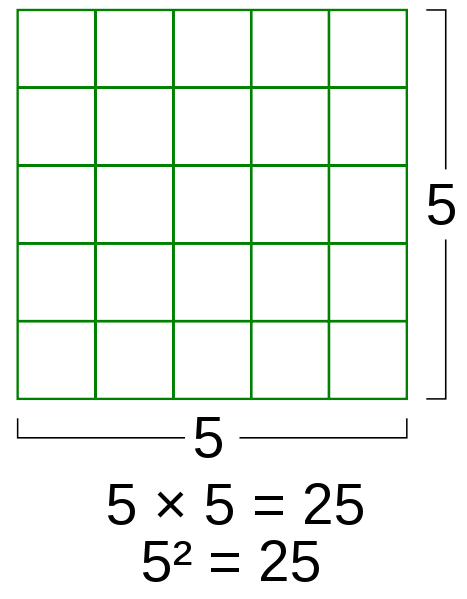Syntax Square, the department’s informal discussion group for syntax, will be starting back up this week with a talk by Prof. Shigeru Miyagawa. The talks will be held on Tuesdays, 1-2pm in 32-D461.

The organizers are Coppe van Urk and Ted Levin. Please send them an e-mail if you have ongoing or completed syntactic work that you would like to present or if there is a recent article or book you would like to discuss. Keep in mind that Syntax Square is there for work in various states of disarray. Feel free to use it to present an interesting problem or a theory you are developing.
Speaker: Shigeru Miyagawa
Title: Minimal Parametric Variation
Time: Tuesday, Sept 13, 1-2pm
Location: 32-D461
A linguistic theory should minimally tell us the following:
- How are natural languages the same?
- In what ways can they be different?
GB theory had a straightforward answer to these questions. All languages contain the same set of principles such as subjacency; where languages differ is in the setting of the parameter built into many of the principles. In MP, there are no principles like those in GB, and obviously no parameters based on such principles. Chomsky suggests the following.
Uniformity Principle (Chomsky 2001: 2) In the absence of compelling evidence to the contrary, assume languages to be uniform, with variety restricted to easily detectable properties of utterances.
The first part is clear, but the second portion that speaks to how the languages may differ needs clarification. I will attempt to provide a concrete instantiation of both portions of the Uniformity Principle (UP) by extending the proposal in Miyagawa (2010), in order to understand both the content of the universal statement and the precise nature of the variation being described in the UP. In so doing, I will look at the variations in the way agreements arise, particularly paying attention to languages that do not evidence any overt agreement such as Chinese and Japanese.